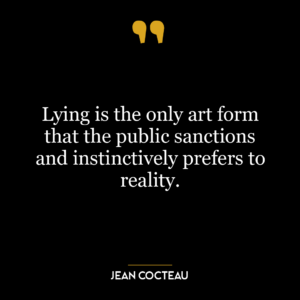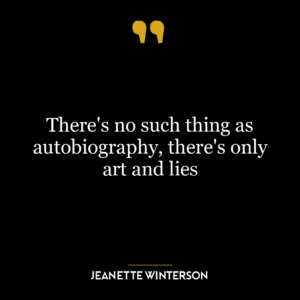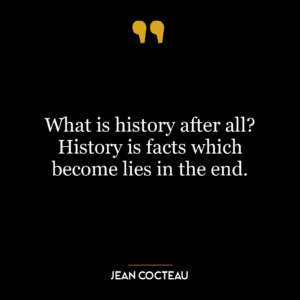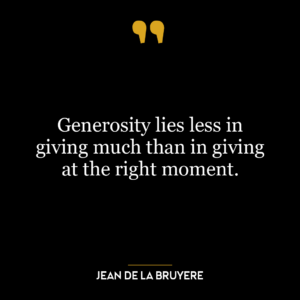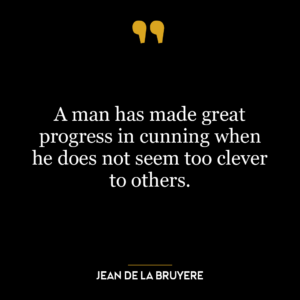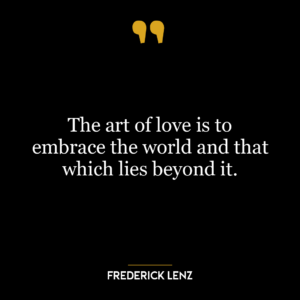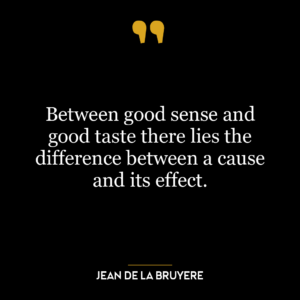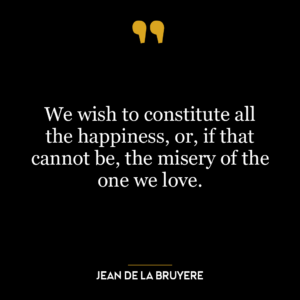This quote is a reflection on the harsh realities of the world, highlighting the imperfections and injustices that exist in society. It suggests that individuals who are foolish, cowardly, dishonest, or selfish often secure positions of power or influence, despite their negative traits. This could be due to various reasons such as manipulation, deceit, or simply the failure of society to recognize and reward true value and virtue.
The quote also implies a critique of societal structures that allow such individuals to rise to the top. It suggests that the world’s systems of power and influence are flawed, as they often fail to filter out those who lack moral integrity. Instead, these systems sometimes even seem to favor such individuals, allowing them to “hide” in high places, shielded from the consequences of their actions.
Applying this idea to today’s world, one might see examples of this in various sectors, from politics and business to entertainment and media. Leaders who lack moral integrity or show selfish behavior often continue to hold power, while those who are honest, courageous, and selfless can struggle to make their voices heard.
In terms of personal development, this quote can serve as a reminder that success and power do not necessarily equate to virtue or worthiness. It encourages individuals to strive for integrity and moral courage, even in a world that may not always reward these qualities. It also underscores the importance of critical thinking and discernment in judging the character of those in positions of power.
In essence, the quote is a call to action – to challenge the status quo, to question the integrity of those in power, and to strive for a world where virtue is valued over vice, regardless of the current state of affairs. It pushes us to not just accept the world as it is, but to actively work towards creating a fairer, more just society.






